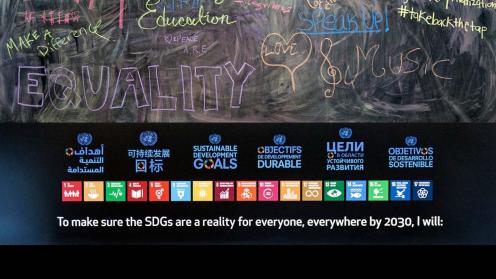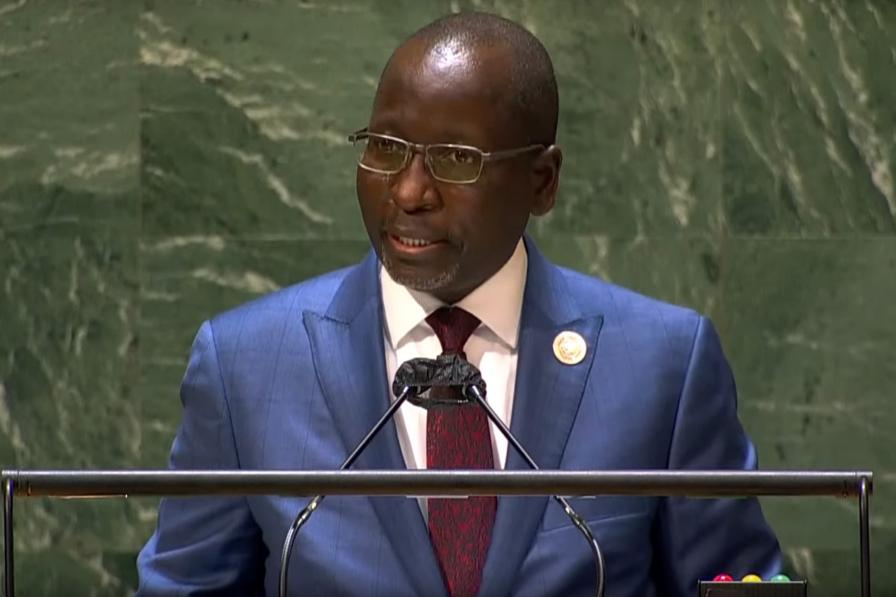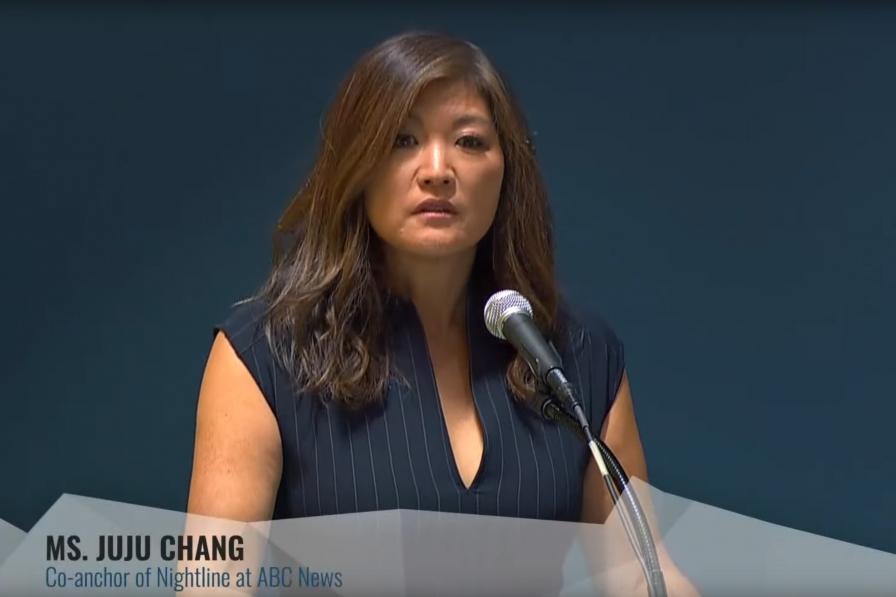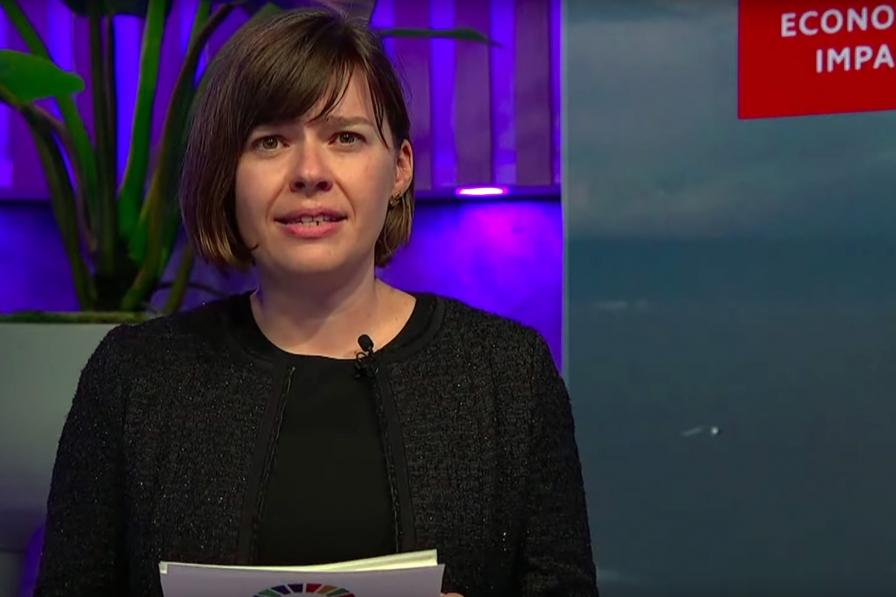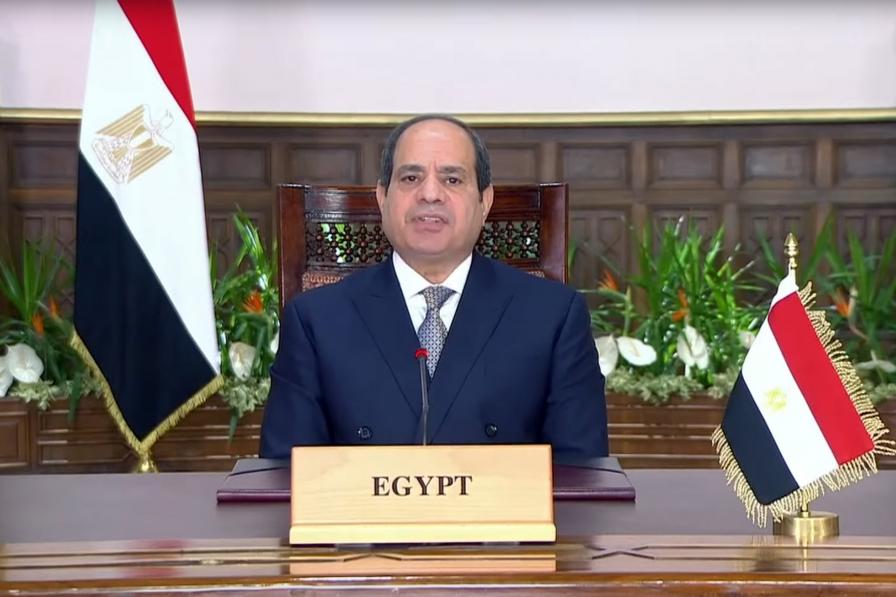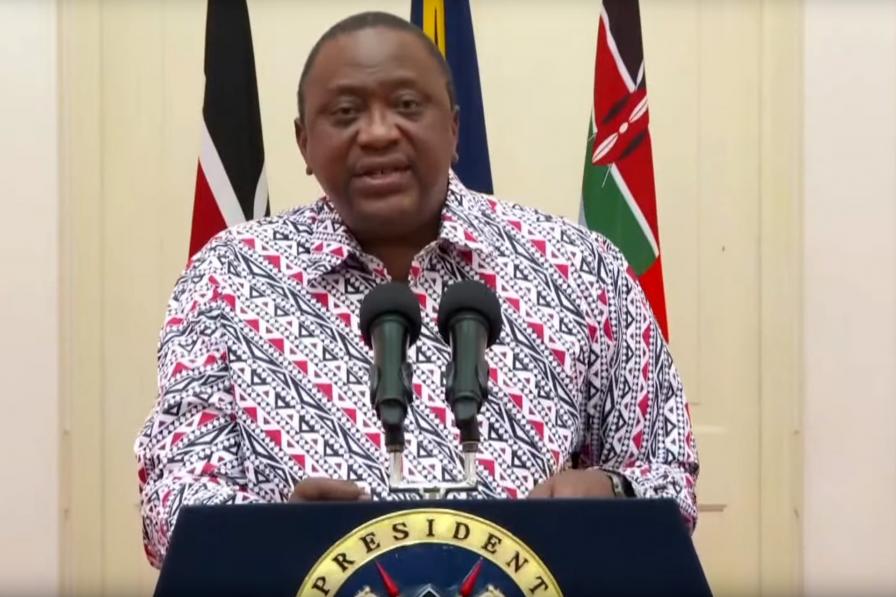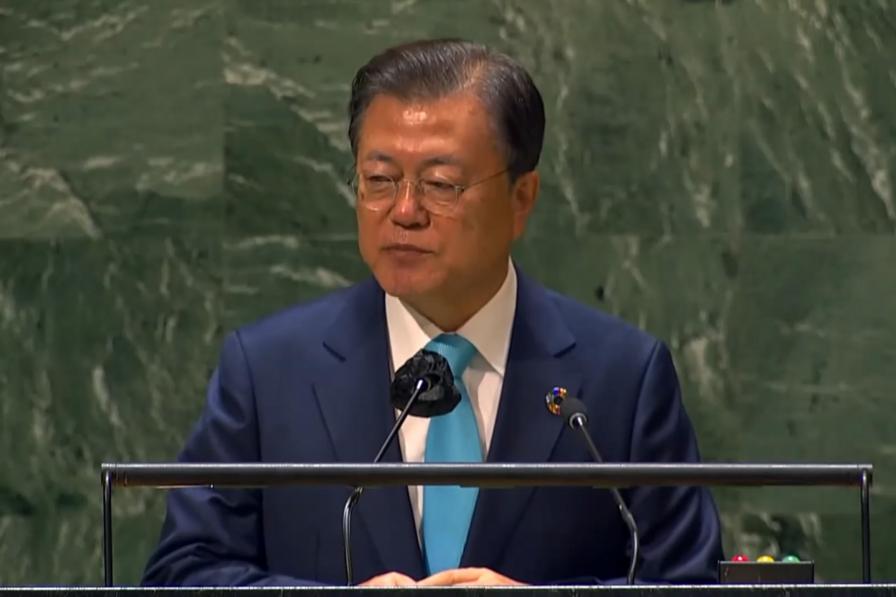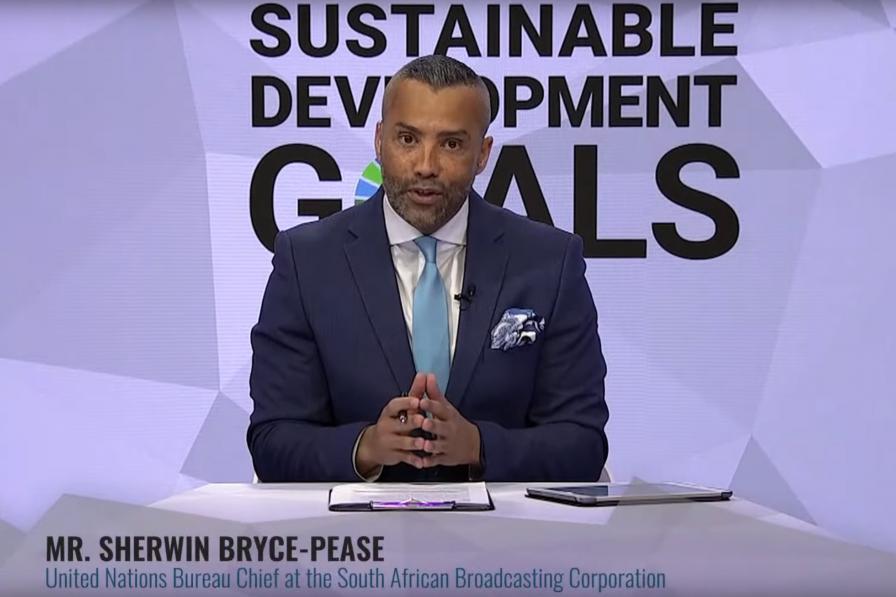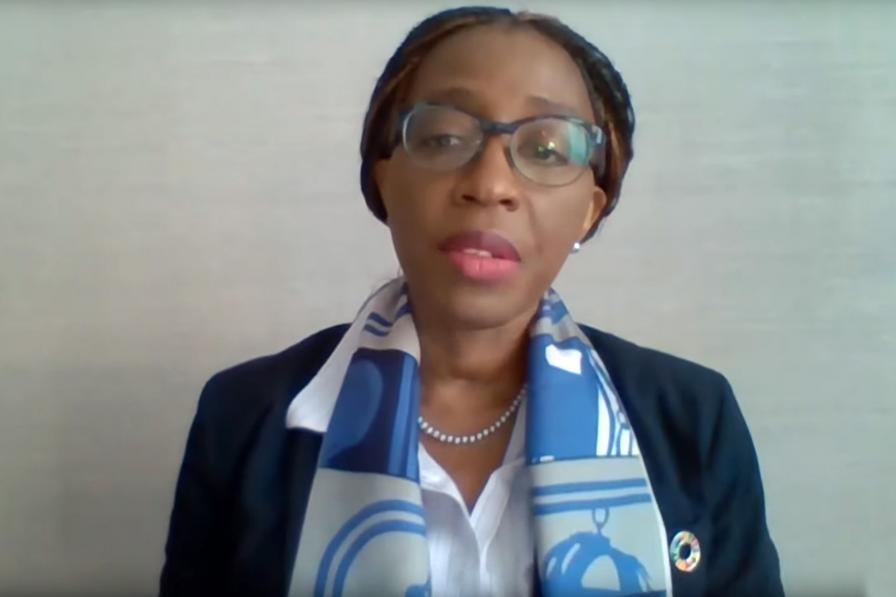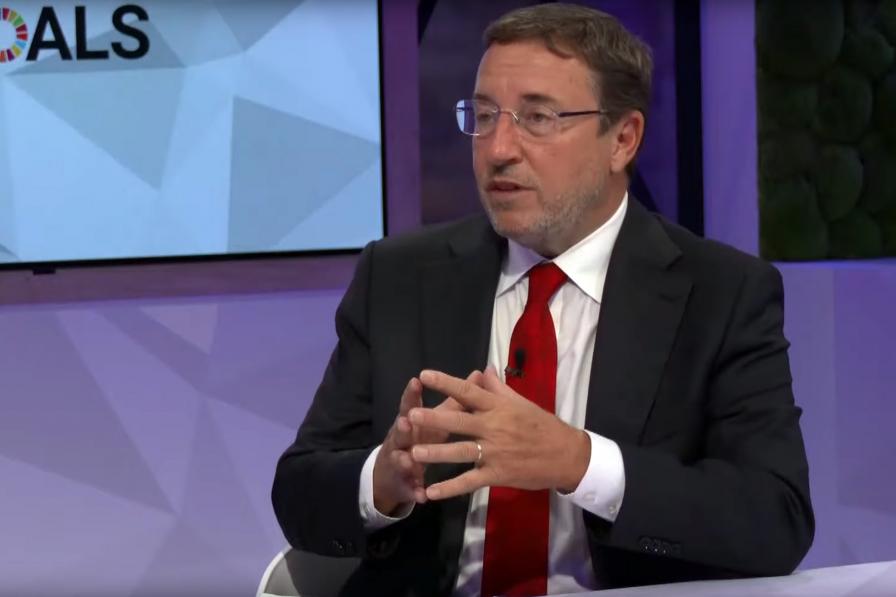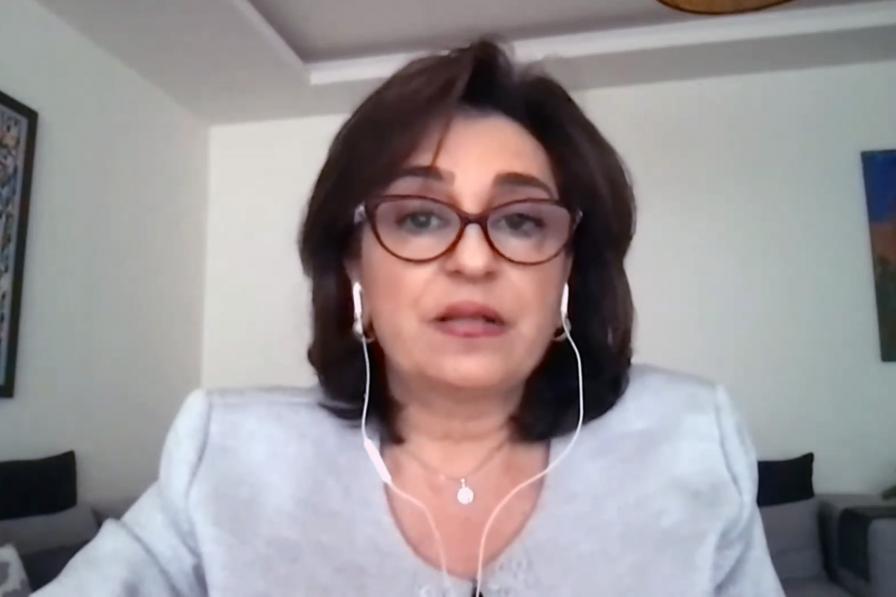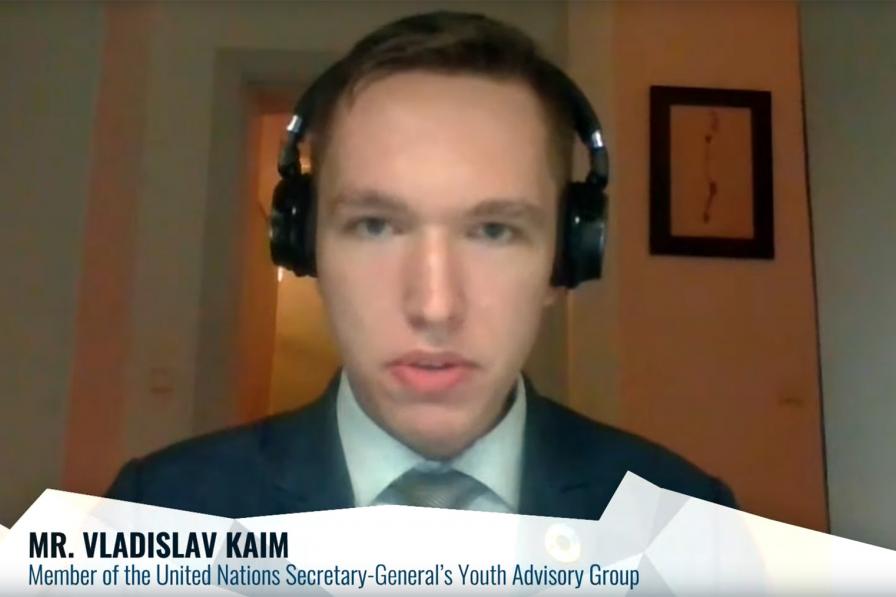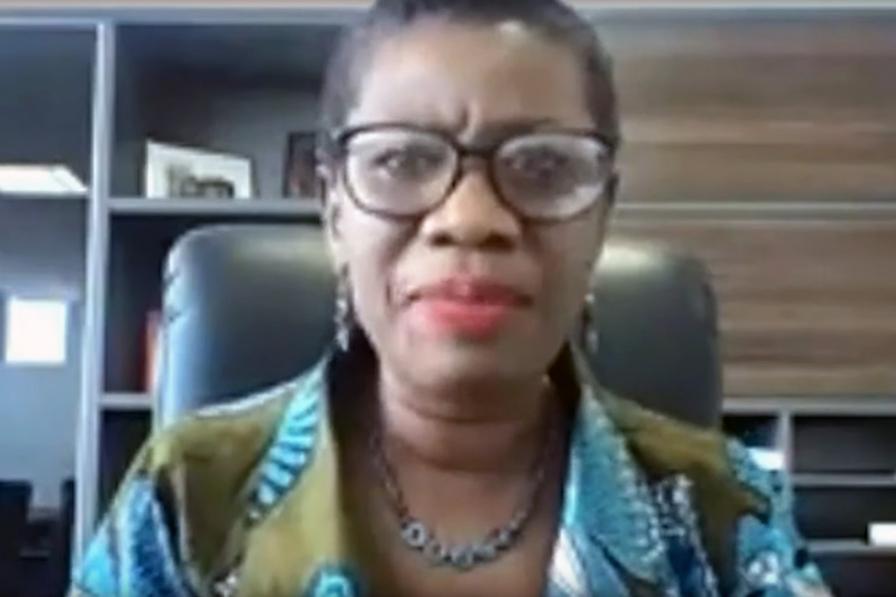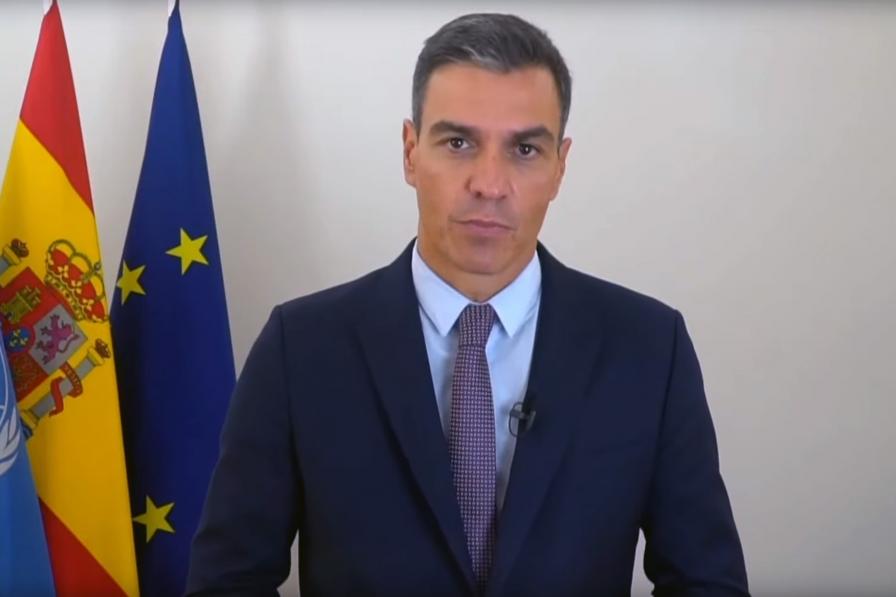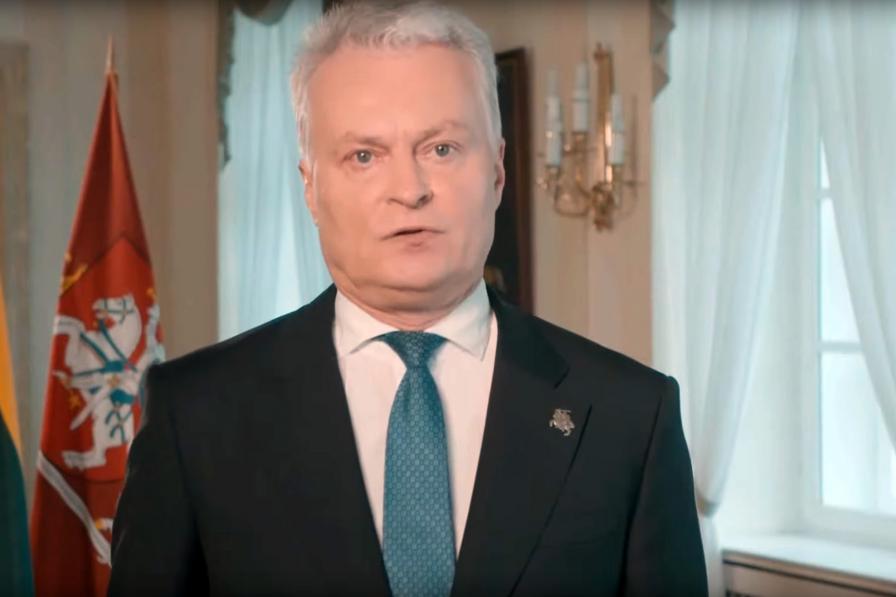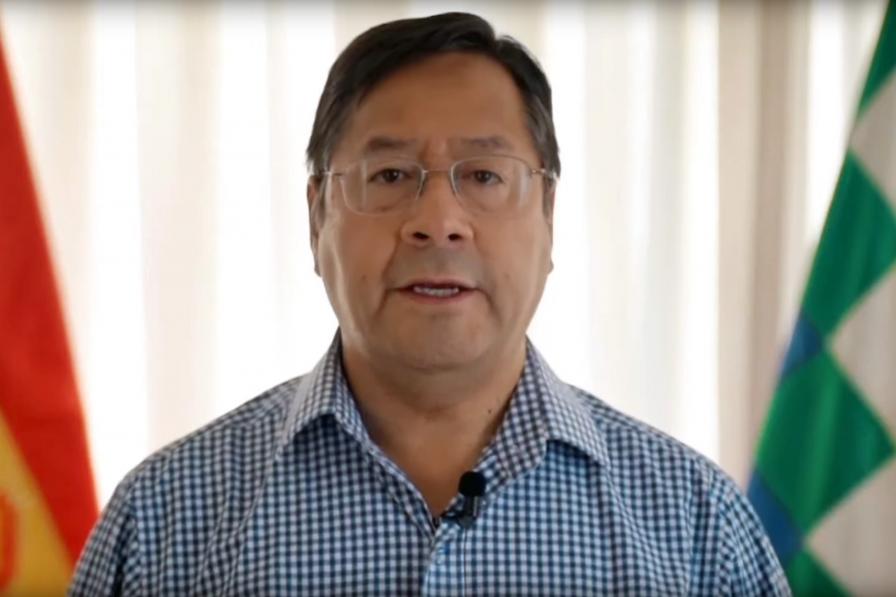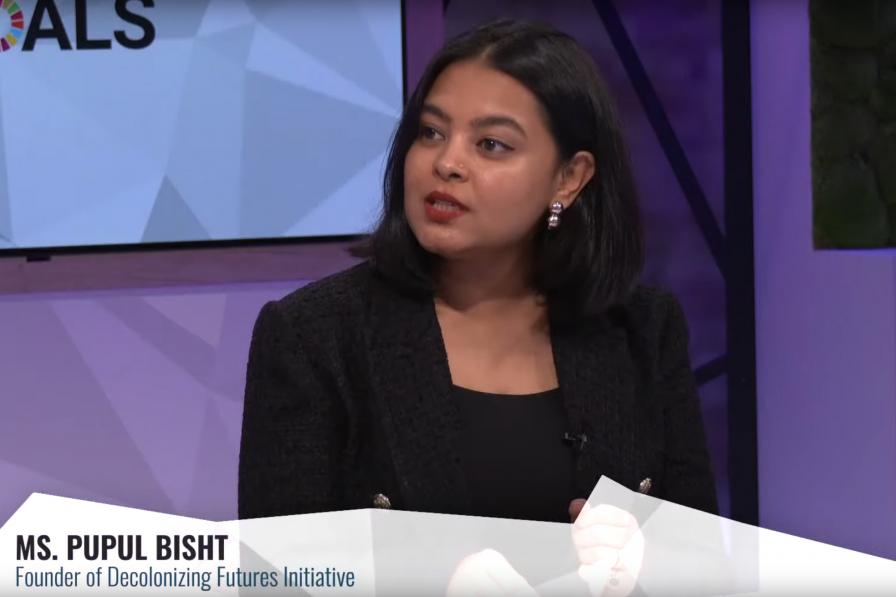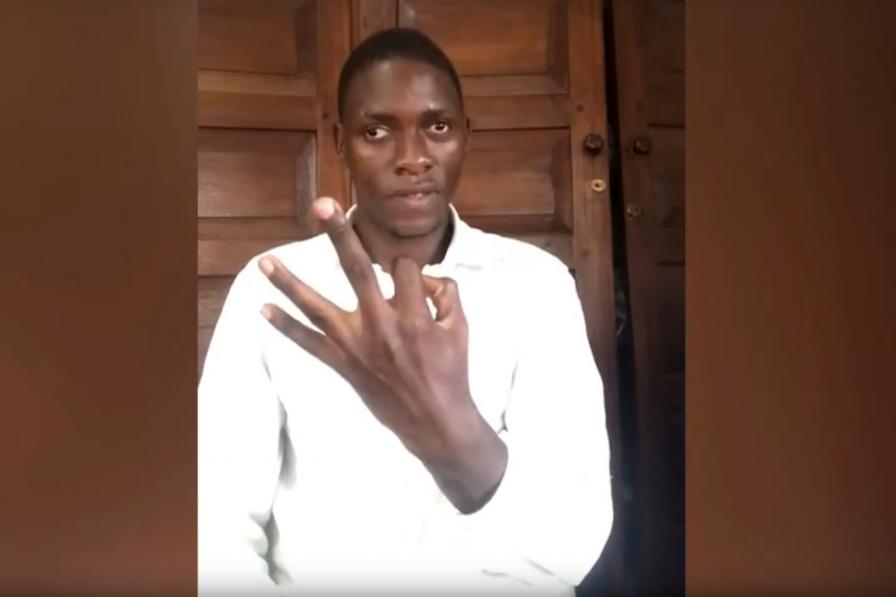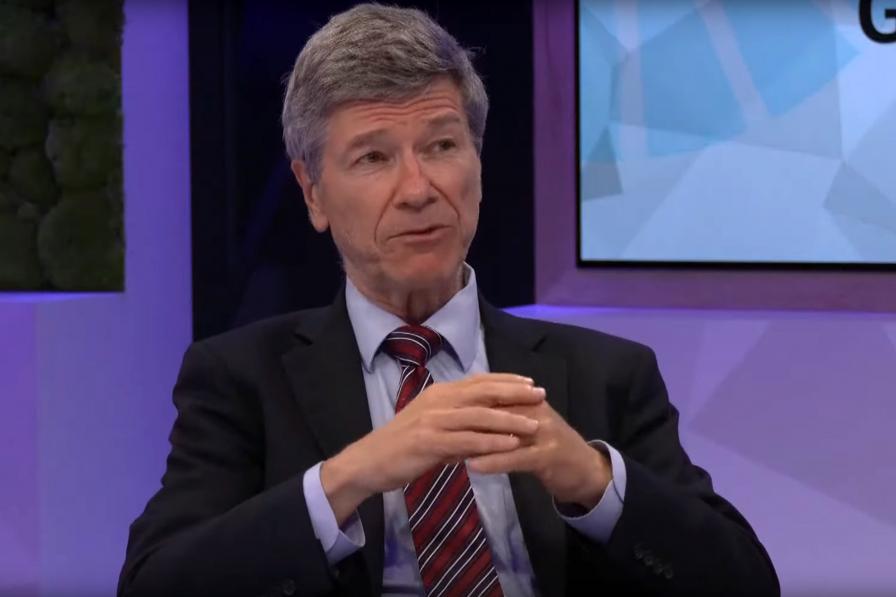Designed to punctuate a “Decade of Action” with messages about the transformative change required to realize the Sustainable Development Goals (SDGs), the 2021 SDG Moment was a gathering of contrasts: one where business as usual was confronted with the urgency of the pandemic and the impatience of youth for transformational action.
The SDG Moment was convened virtually by UN Secretary-General António Guterres to identify changes needed to recover better from COVID-19 and deliver the SDGs over the next decade. The Secretary-General and Abdulla Shahid, President of the UN General Assembly, led an introductory round of high-level presentations followed by a series of statements by Heads of State and Government. These were interspersed with moderated sessions focused on leveraging the COVID-19 response and recovery to accelerate SDG implementation, a spotlight on connectivity and narrowing the digital divide, a session on gender equality and women powering the economic recovery, a focus on youth shaping the future, localized responses to the SDGs, and effective institutions for justice, equality, and trust.
UN Secretary-General Guterres, in an understated but far-reaching take on the current state of the world, said this was a pivotal moment for humankind, facing choices that will lead to either breakdown or breakthrough. With a degree of optimism, General Assembly President Shahid offered some “rays of hope” representing five focus areas grounded in human rights and inextricably linked to the SDGs that could propel us forward including: closing the vaccine gap, rebuilding sustainably, respect for the rights of all, responding to the needs of the planet, and revitalizing the United Nations.
In a sign of COVID-19 times, the SDG Moment’s online production values were enhanced, with professional television presenters – Juju Chang (ABC News) and Sherwin Bryce Pease (South African Broadcasting Corporation) – interviewing participants in a slick new studio at UN Headquarters. The homage to show business and youthful optimism reached a high point with the arrival of the President of the Republic of South Korea, Moon Jae-in, accompanied by his Special Envoy for Future Generations and Culture, the global pop and social media influencers BTS.
Throughout the day-long, fast-paced programme, warnings about the risk of another “lost decade” for Africa, the impact of a new debt crisis, and the “embarrassment of vaccine riches” in the developed world alongside a highly uneven response to the global pandemic, competed with the upbeat appeals to the spirit of youth and intergenerational solidarity, along with flawless BTS choreography.
Interviews with two young leaders caught the attention of high-level participants. Vladislav Kaim, Moldova, a member of the UN Secretary-General’s Youth Advisory Group on Climate Change, corrected moderator Chang when she suggested that youth are the future. Kaim insisted that young people are “not the future but the present” and cautioned against an unthinking celebration of young people’s leadership on issues such as climate change because these contributions are often forced upon them by a failure of the world’s current leaders. Moreover, he added, the burden of leadership can take its toll on young people who can lack the resources to match their sense of responsibility. Yande Banda, Zambia, Chair of Transform Education, challenged world leaders who talk of their commitment to youth to “show” their commitment, and called on young people to advocate for positions of power and full and systematic integration into leadership roles free from patriarchy.
The second SDG Moment at the UN General Assembly took place against a backdrop of growing concern that the unprecedented impact of the COVID-19 pandemic has only served to amplify and dramatize persistent and deepening economic, social, and gender inequities across countries, regions, and peoples. While some speakers insisted that COVID-19 presented an “opportunity” for the world to build back better using the SDGs as a template, there were sceptical voices too, observing that the pandemic has done much to expose the fact that deep structural inequalities and many of the causes of the multiple global crises remain firmly in place because of fixed views and institutions invested in approaches designed for another era.
In their closing remarks, Amina Mohammed, UN Deputy Secretary-General, and Jeffrey Sachs, Special Adviser to the Secretary-General on the SDGs, noted the power of the youth demands to “take over the steering wheel” of leadership on the SDGs and wondered how that intergenerational transition can be delivered sooner rather than later.
To receive free coverage of global environmental events delivered to your inbox, subscribe to the ENB Update newsletter.
